Your gut health is vital for both your mental and physical well-being. A lot of Americans suffer from stomach problems and an upset stomach often has negative effects on your mind. Let’s take a closer look at ways to improve your gut health.
Antibiotics of Probiotics?
The normal gut microbiota of adult humans is fairly stable and resilient to transient aggression, unless exposed to pathogens such as salmonella or e coli infections. However, therapeutics for these conditions include antibiotic or probiotic strategies.
Recent animal studies show that modulation of the gut microbiota with antibiotics or probiotics exerts effects beyond the gut, targeting the spine and brain, which supports the concept of the microbiota-gut-brain axis. It has been observed in people with IBS that there is a tendency to experience pain occurring in the abdomen (liver, pancreas or intestines) and for psychiatric conditions, which seem to occur simultaneously with the dysbiosis.
Help Reduce Abdominal Pain, Bloating, and Distention
In a recent review aimed at establishing a reference guide on the role of specific probiotics in the management of lower gastrointestinal disorders, authors reported evidence of an overall benefit of probiotics, which seemed to help reduce abdominal pain, bloating, and/or distension.
Although research is new in this field, animal studies and some human studies show that probiotics may help to:
- Modulate visceral sesntivity.
- Enhance intestinal barrier function and immunity.
Restore and Stabilize the Gut
DIGESTIVE+++ contains the spore forming probiotic used in India for decades to alleviate diarrhea in small children and GI irritations in adults. If you have a sensitive bowel, try taking one DIGESTIVE+++ daily or work with the capsule to take one every other day until your body adjusts to the new colonization.
DIGESTIVE+++ is also indicated to help restore and stabilize the function and health of your GI tract. The enzymes in the DIGESTIVE+++ formulation break down particles of food to their finest dimensions for easy digestion and assimilation into the GI tracts. This in turn helps create a good environment for your microbiota.
6 Ways to Improve Your Digestion and Diet
- If you experience GI sensitivity, try eliminating foods that disturb your digestion, such as hot, spicy or fried foods.
- Chew your food thoroughly—allowing the initial digestive processes to occur in the mouth. You will also taste and enjoy your food more.
- Instead of eating on the run, plan several meals a week where you can sit down with family or friends at a nicely prepared table. This habit provides communication, enjoyment and relaxation. Not rushing helps keep the GI tract calm and facilitates digestion.
- Select snacks carefully for daily pick-me-ups. Choose a piece of fruit, seeds, nuts, or a smoothie rather than a bag of chips or French fries.
- Find recipes for soups, consommés, and creative salads or vegetable dishes that are healthy. These foods are high in antioxidants and fiber, which are very supportive to the GI tract.
- Incorporate DIGESTIVE+++ into your daily regimen. Even if you do not experience disturbances in the gut, keeping the probiotics, prebiotics and digestive enzymes found in DIGESTIVE+++ in your system helps you maintain optimum health throughout your body.


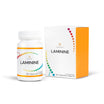
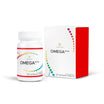
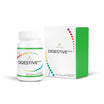




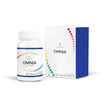





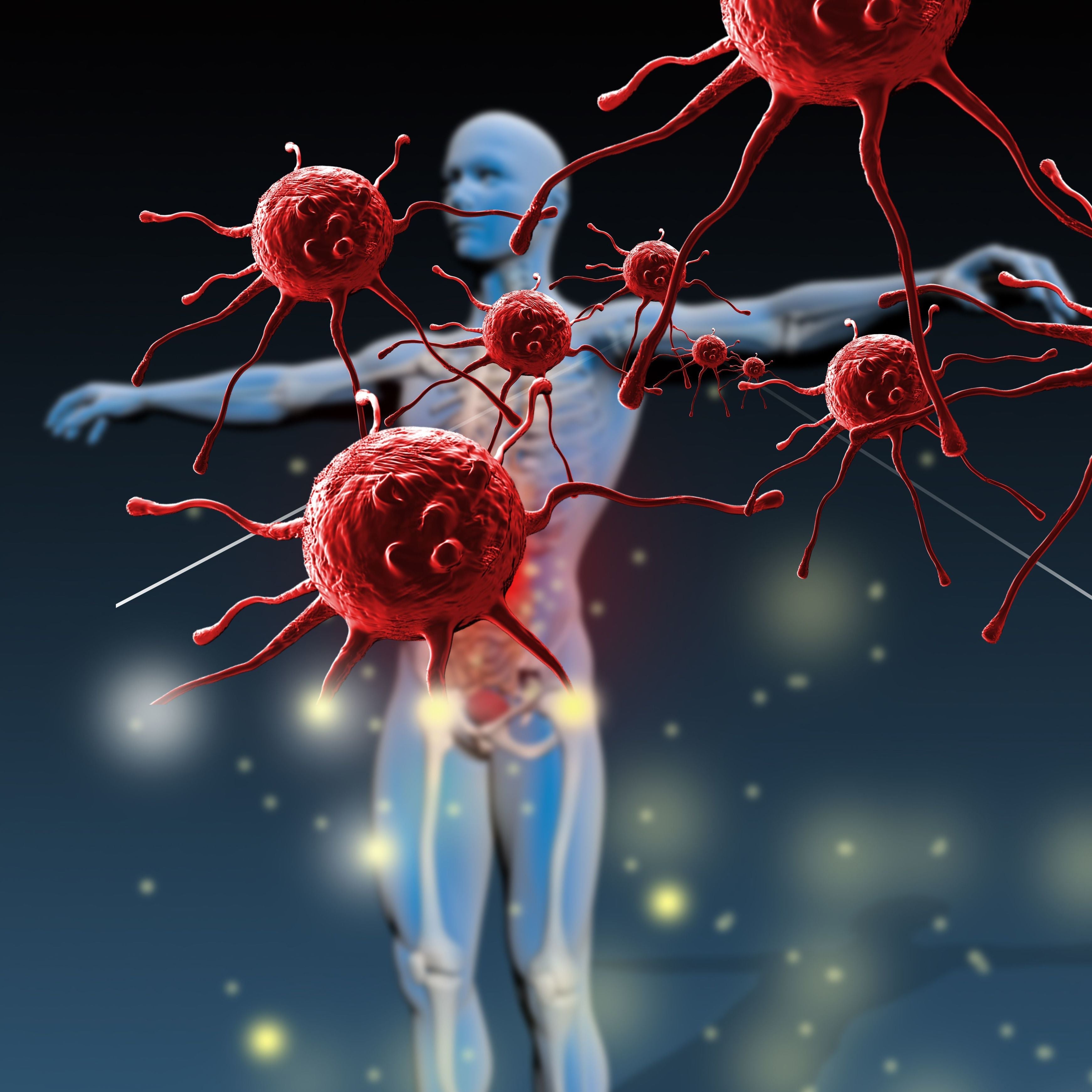


Leave a comment
This site is protected by hCaptcha and the hCaptcha Privacy Policy and Terms of Service apply.